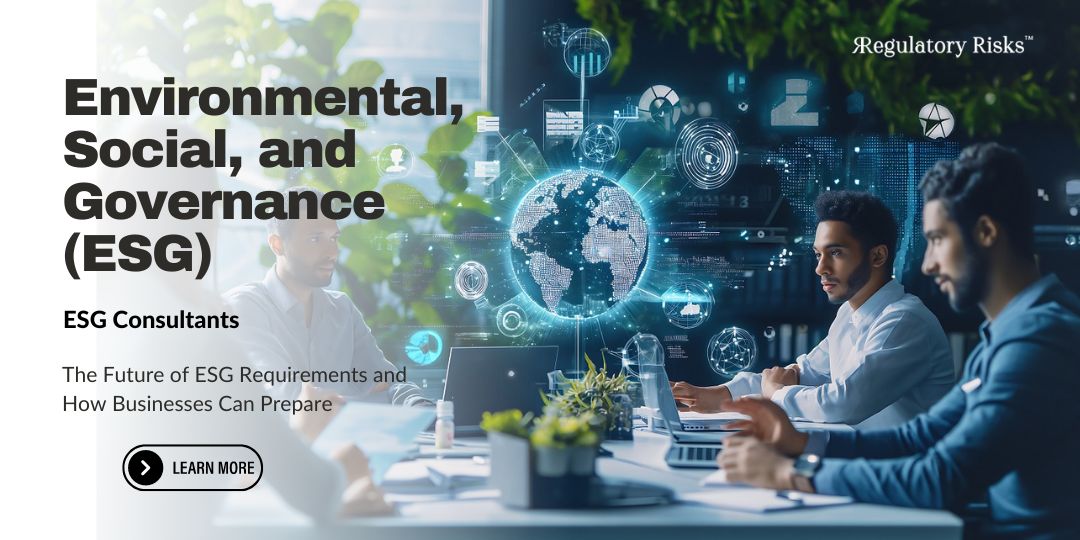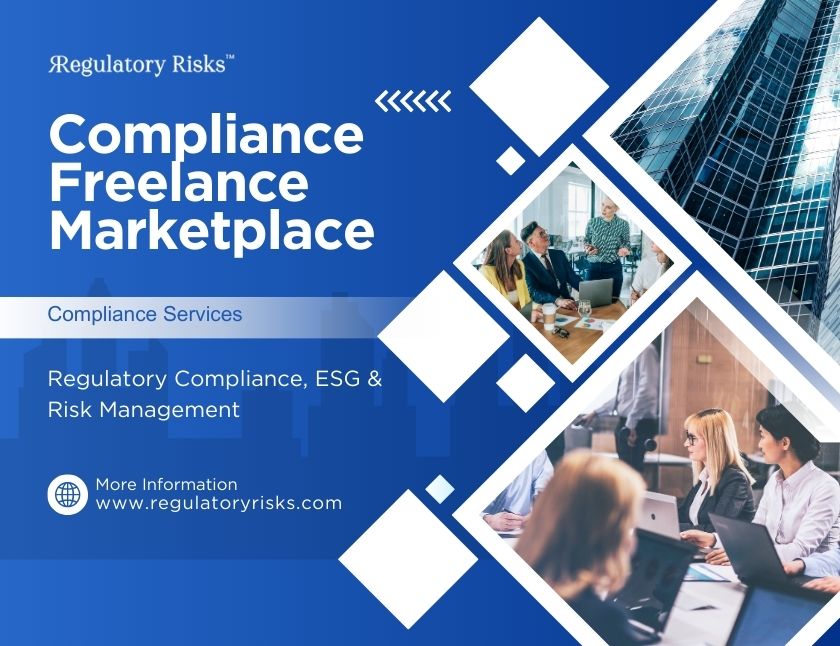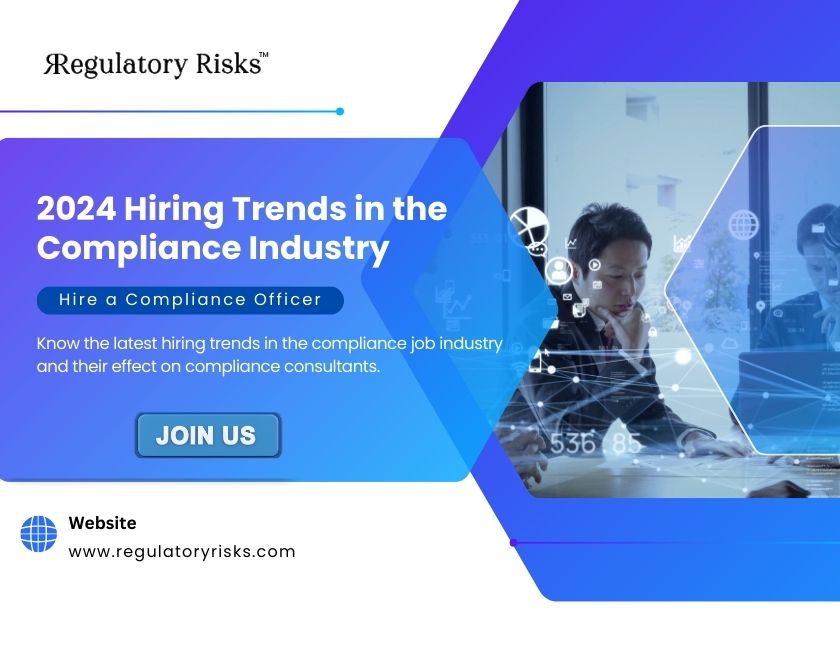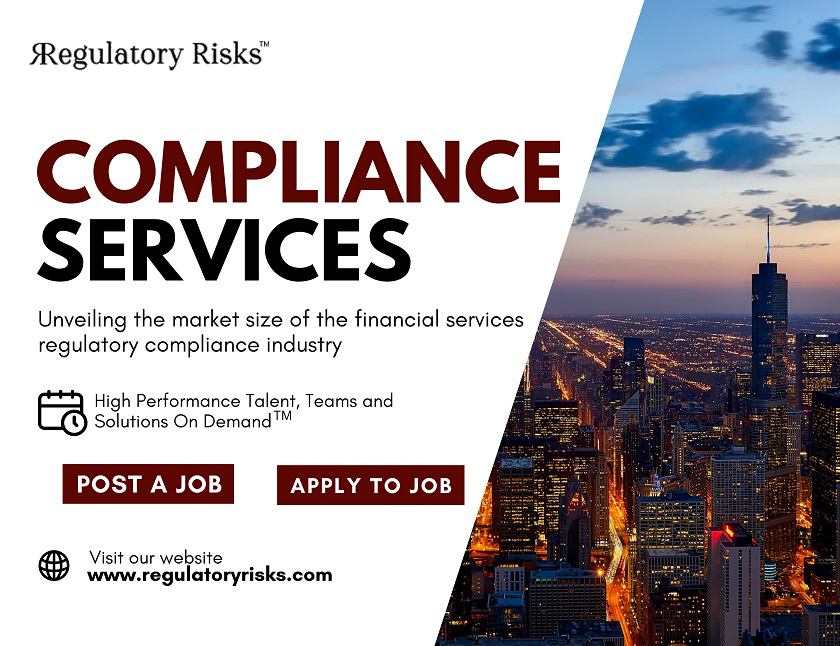Environmental, Social, and Governance (ESG) considerations are rapidly becoming central for businesses worldwide, especially small to medium enterprises (SMEs) operating across borders in sectors like financial services, crypto and digital assets, casinos and gaming, and technology platforms. As regulations tighten, enforcement actions are expected to increase, targeting companies that fail to meet evolving standards. This article explores the future of ESG requirements, potential enforcement actions, and practical strategies businesses can adopt to enhance their ESG frameworks. Moreover, it highlights the role of ESG consultants, regulatory compliance consultancy, and the benefits of hiring a freelance compliance consultant.
The Future of ESG Requirements
ESG requirements are now crucial for businesses aiming to remain competitive and compliant. Consequently, with global regulations becoming more defined, companies must show measurable progress in their ESG practices. Regulators, investors, and consumers are demanding greater transparency and accountability. Therefore, businesses are driven to adopt more robust ESG frameworks.
Key Emerging ESG Regulations:
EU Corporate Sustainability Reporting Directive (CSRD): Firstly, the CSRD broadens ESG reporting obligations for companies in the EU. It includes detailed requirements for sustainability disclosures, climate risk assessments, and social impact reporting. Notably, this directive affects both EU-based companies and non-EU companies with significant operations in the region.
SEC’s Proposed Climate Disclosure Rules: Similarly, in the U.S., the Securities and Exchange Commission (SEC) has proposed rules requiring public companies to disclose climate-related risks, greenhouse gas emissions, and their financial impact. These rules aim to enhance transparency and provide investors with consistent, reliable ESG information.
Global ESG Reporting Standards: Meanwhile, the International Sustainability Standards Board (ISSB) is developing global ESG standards to harmonize reporting across jurisdictions. These standards will likely become the baseline for ESG reporting worldwide. Consequently, companies will need to align their practices with internationally recognized frameworks.
Mandatory ESG Reporting in Asia: Furthermore, countries like Singapore and Hong Kong are introducing regulations that require listed companies to disclose ESG risks and performance. These disclosures will become stricter, with increased scrutiny on greenwashing and accurate reporting.
Enforcement Actions: What to Expect
As ESG regulations evolve, enforcement actions will undoubtedly intensify. Regulators are expected to focus on sectors with high environmental and social impacts, such as financial services, energy, and digital assets.
Potential Enforcement Actions:
Fines and Penalties: Non-compliance with ESG requirements can result in significant fines. For example, the EU has already implemented penalties for companies that fail to meet CSRD sustainability reporting obligations. Similarly, the SEC’s climate disclosure rules may lead to substantial financial penalties for non-compliance.
Reputational Damage: In addition to monetary penalties, companies that fail to meet ESG expectations risk severe reputational damage. Negative publicity can erode investor confidence, customer trust, and market value. Therefore, businesses must prioritize ESG compliance to protect their brand reputation.
Regulatory Investigations: Regulators are increasingly investigating ESG disclosures, especially where there are allegations of greenwashing—misleading claims about environmental practices. These investigations can lead to enforcement actions, legal liabilities, and mandatory corrective measures.
Increased Stakeholder Activism: Moreover, investors, consumers, and advocacy groups are becoming more active in holding companies accountable for their ESG commitments. This has led to increased shareholder activism, lawsuits, and public campaigns targeting companies neglecting their ESG responsibilities.
Enhancing ESG Controls and Frameworks
To navigate the tightening regulatory environment, businesses must strengthen their ESG frameworks and controls. Engaging ESG consultants, regulatory compliance consultancy firms, and risk management consultants can provide the expertise needed to enhance existing practices.
Key Strategies for Enhancing ESG Frameworks:
Conduct a Comprehensive ESG Audit: To begin with, an ESG audit evaluates a company’s current practices, identifies gaps, and benchmarks performance against industry standards. Hiring ESG consultants or regulatory compliance consultancy can offer an objective analysis and actionable insights.
Implement Robust Data Collection and Reporting Systems: Accurate data is crucial for effective ESG management. Thus, businesses should invest in technologies and processes for comprehensive data collection, analysis, and reporting. ESG consultants can assist in designing systems that meet regulatory requirements.
Develop ESG Policies and Governance Structures: Clear policies and governance frameworks are essential for integrating ESG into business operations. Companies should therefore establish ESG committees, appoint ESG officers, and define roles and responsibilities. This ensures that ESG considerations are part of decision-making processes.
Engage Stakeholders and Foster Transparency: Engaging with stakeholders—including investors, customers, employees, and communities—enhances accountability and builds trust. Regularly communicating ESG goals, progress, and challenges demonstrates a commitment to continuous improvement.
Invest in Training and Culture Building: Building an ESG-focused culture requires ongoing education and training. Consequently, businesses should provide ESG training for employees at all levels to ensure they understand the importance of compliance and its impact on their roles.
Leverage Technology for ESG Monitoring and Reporting: Advanced technologies like AI and blockchain can significantly improve ESG monitoring, data integrity, and reporting accuracy. These tools enable real-time tracking of ESG metrics and help identify areas for improvement.
The Role of ESG Consultants and Regulatory Compliance Consultancy
As ESG requirements become stricter, the role of ESG consultants and regulatory compliance consultancy firms is increasingly critical. These experts provide the knowledge, tools, and strategic guidance necessary to navigate the complex ESG landscape.
Benefits of Hiring ESG Consultants:
Expertise and Insights: ESG consultants offer deep industry knowledge and expertise in regulatory requirements, helping businesses develop tailored ESG strategies.
Customized Solutions: Regulatory compliance firms work closely with businesses to understand their needs, offering solutions that align with company goals and regulatory obligations.
Risk Mitigation: By identifying potential compliance gaps and areas of risk, ESG consultants help businesses address issues proactively, before they lead to enforcement actions or reputational damage.
Cost-Effective Support: For SMEs, hiring a freelance compliance consultant is a flexible, cost-effective way to access expert advice without the overhead of a full-time hire.
The Value of Freelance Marketplaces for ESG Compliance
Freelance marketplaces are becoming valuable platforms for businesses seeking ESG expertise. They connect companies with skilled ESG consultants and compliance experts for on-demand support.
Why Use Freelance Marketplaces?
Access to Specialized Talent: Freelance marketplaces offer a diverse pool of ESG and regulatory compliance experts with experience across various industries and regions.
Scalable Solutions: Freelance consultants provide scalable support, allowing businesses to adjust engagement levels based on changing needs.
Cost Efficiency: Hiring a freelance consultant through a marketplace can be more cost-effective than traditional consultancy firms. Businesses can hire experts for specific tasks without incurring long-term costs.
Agility and Speed: Freelancers often provide faster turnaround times, helping businesses respond quickly to emerging ESG challenges and maintain compliance.
More Blog: ESG Compliance Consultants: The Future of Regulatory Compliance
Conclusion
In conclusion, the future of ESG requirements is clear: businesses must enhance their ESG frameworks and embrace transparency to meet growing demands. Enforcement actions are set to increase, targeting companies that fail to align with evolving standards. By investing in robust ESG controls, engaging consultants, and leveraging freelance marketplaces, businesses can build resilient, compliant frameworks for sustainable growth.
As the ESG landscape evolves, the guidance of regulatory compliance experts and strategic use of freelance consultants will be invaluable. For businesses seeking to stay competitive and compliant, acting now is crucial. Strengthening ESG practices not only mitigates risks but also positions companies as leaders in sustainability, paving the way for long-term success.




